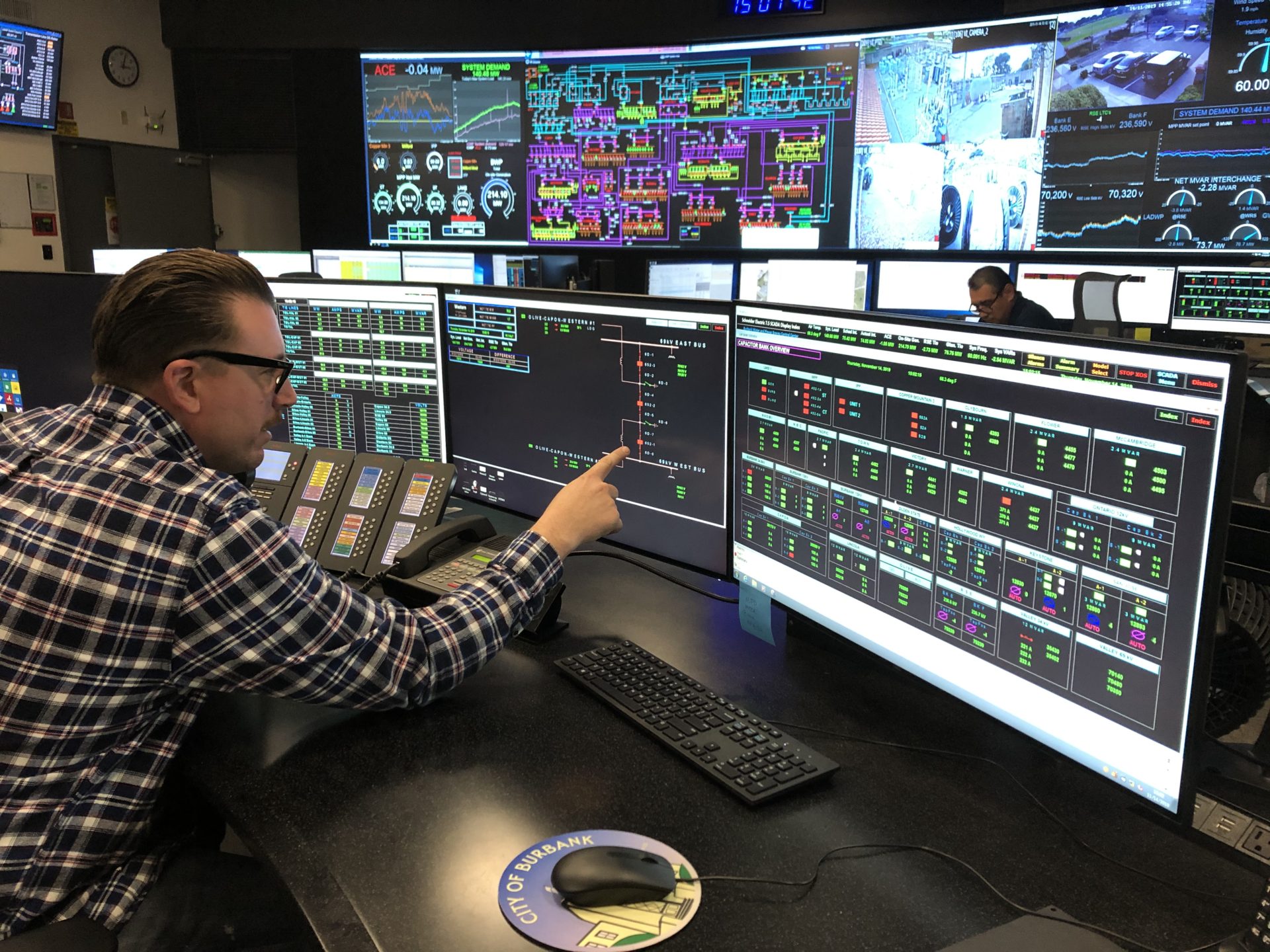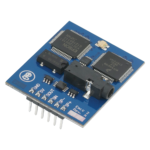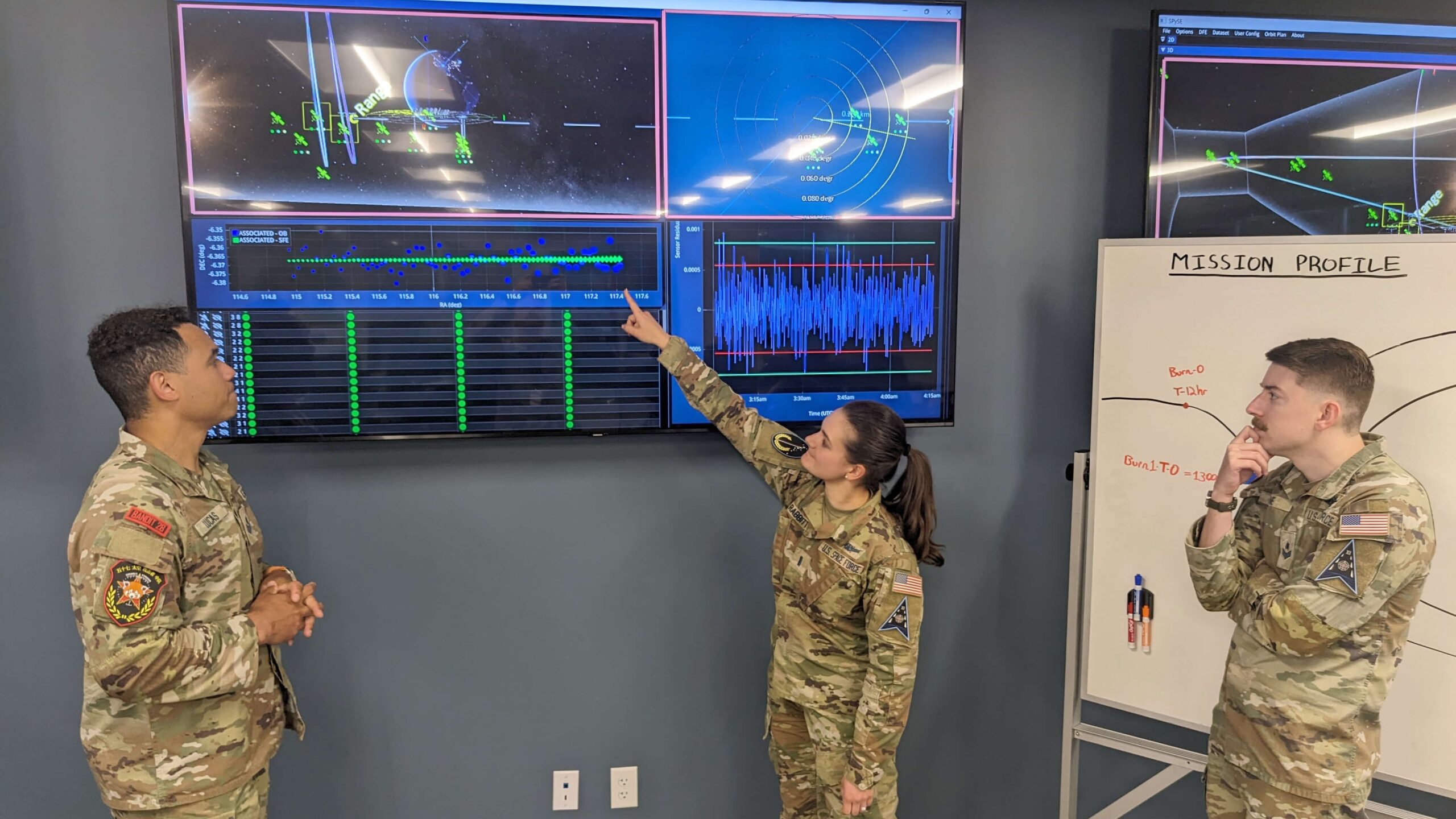Are you interested in becoming a NERC certified system operator? But maybe you feel overwhelmed by the process, unsure of where to start or what it entails. I was in the same boat when I first heard about this certification- I had so many questions and didn’t know who to turn to for answers.
But don’t worry, because in this article, I’ll guide you through everything you need to know about becoming a NERC certified system operator. We’ll cover topics like what exactly is a NERC certified system operator, why it’s important to have this certification, the steps required to obtain it, and more. By the end of this read, you will have all the information and confidence needed to begin your journey towards becoming a NERC certified system operator! So let’s dive into this exciting world of power systems and certifications!
So, nerc certified system operator?
Becoming a NERC (North American Electric Reliability Corporation) Certified System Operator is a rigorous and highly sought-after achievement in the energy industry. This certification demonstrates an individual’s knowledge, skills, and abilities to operate bulk power systems safely and reliably.
To become certified, individuals must meet specific education requirements, including completing at least two years of college-level courses related to electric utility operations or obtaining equivalent work experience. They must also pass the NERC System Operator Certification Exam, which covers topics such as system operations, emergency procedures, and compliance standards.
In addition to meeting these requirements, candidates must also complete training programs offered by their employer or through third-party organizations. These programs provide practical hands-on experience in operating power systems and preparing for real-life scenarios.
Once all requirements are met, candidates can apply for certification through NERC’s online portal. The application process includes submitting transcripts or documentation of relevant work experience and paying a fee.
After becoming certified, system operators must maintain their credentials by participating in ongoing training and passing recertification exams every three years. This ensures that they stay up-to-date with changes in technology and regulations within the industry.
Earning a NERC Certified System Operator designation not only validates an individual’s expertise but also opens up opportunities for career advancement within the energy sector. It is a mark of excellence that demonstrates one’s commitment to maintaining reliable electricity services for communities across North America.
In conclusion, becoming a NERC Certified System Operator requires dedication and hard work but offers numerous benefits both professionally and personally. It is an essential step towards ensuring safe and reliable electricity operations for our modern world.
Understanding the Role and Responsibilities of a NERC Certified System Operator
A NERC Certified System Operator plays a vital role in ensuring the reliability and stability of the electric grid. These professionals are responsible for monitoring, controlling, and coordinating the generation and transmission of electricity across vast networks. Their work involves using advanced technology to oversee system performance, identify potential issues before they escalate, and execute real-time decisions that can affect thousands of customers. They must possess a deep understanding of electrical systems, as well as the ability to analyze data quickly while under pressure. This means being prepared to respond effectively during emergencies such as unexpected outages or severe weather events.
The responsibilities also extend beyond just watching screens; operators must communicate clearly with other team members and sometimes coordinate with utility companies to solve problems collaboratively.
- Performing regular assessments on system capacity
- Implementing safety protocols
- Ensuring compliance with regulatory standards
Each day presents new challenges that require sharp problem-solving skills and quick thinking. Furthermore, ongoing training is essential due to evolving technologies and regulations in the energy sector. Ultimately, these dedicated individuals ensure our lights stay on by safeguarding the backbone of modern society’s power supply while maintaining high operational standards.
Qualifications and Skills Required to Become a NERC Certified System Operator
Becoming a NERC Certified System Operator is an exciting journey that combines education, experience, and specific skill sets. First and foremost, candidates generally need a strong foundation in electrical engineering or related fields. This knowledge forms the backbone of understanding how power systems operate and are managed. Additionally, aspiring operators should hone critical thinking abilities, as they must analyze complex situations quickly and make sound decisions under pressure. Communication skills are equally vital; operators work closely with teams to ensure smooth operations while conveying important information clearly.
Furthermore, practical experience plays a crucial role in qualifying for certification. Many positions require applicants to accumulate hands-on training through internships or entry-level roles within utility companies or organizations involved in grid management. The ability to adapt to rapidly changing conditions is essential since this field often demands quick responses during emergencies or system failures. Moreover, familiarity with software tools used for monitoring and controlling electric grids enhances one’s profile significantly. Keeping abreast of technological advancements in energy management can provide candidates with an edge over others seeking certification.
Ultimately, blending technical expertise with real-world experience cultivates skilled system operators who can confidently navigate the complexities of today’s energy landscape.

Read also: operating system maker
The Process of Earning a NERC Certification: Steps and Guidelines
Earning a NERC certification is a worthwhile journey that enhances your skills in the energy sector. First, it begins with understanding what NERC stands for: the North American Electric Reliability Corporation. This body ensures that electric systems operate reliably across Canada and the U.S. To start, you should explore the various certifications offered, including categories like operations and planning. Each type has its own requirements and focuses on different aspects of electrical reliability. Once you’ve chosen the right certification for you, it’s crucial to review all prerequisites, which may include educational backgrounds or work experience in relevant fields.
Next comes preparation! Engaging in training courses can significantly boost your knowledge and confidence before taking exams. These programs often provide valuable insights into regulatory frameworks and operational standards essential for maintaining grid reliability. Additionally, forming study groups can be beneficial; sharing ideas with peers deepens understanding while making learning more enjoyable.
When you’re ready to take the exam, registering is typically done online through NERC’s official website—make sure you have all necessary documents handy! After passing this comprehensive assessment, you’ll not only receive your certification but also join an esteemed community dedicated to ensuring energy stability across North America—a rewarding accomplishment indeed!
Career Opportunities and Advancement for a NERC Certified System Operators
Becoming a NERC Certified System Operator opens up numerous exciting career opportunities in the energy sector. These professionals play a vital role in ensuring that electric power systems operate reliably and efficiently. With their specialized skills, they can work for utility companies, independent system operators, or even governmental agencies focused on energy regulation. As the demand for electricity grows alongside technological advancements, the need for skilled operators is more critical than ever. In addition to traditional roles like real-time monitoring and control of power systems, certified operators can also explore positions in areas such as grid management and renewable energy integration.
Advancement opportunities are plentiful within this field. Operators often start at entry-level positions, gaining hands-on experience while learning from seasoned colleagues. As they accumulate knowledge and expertise, they may advance to supervisory roles or specialize in various aspects of operations management. Additionally, continuous education plays an essential part; many organizations encourage certifications or further training that can lead to promotions and higher salaries. Career paths could include leadership positions in emergency response teams or strategic planning departments where decision-making about future grid expansions takes place.
With dedication and relevant experience, a NERC Certified System Operator can enjoy not just job stability but also fulfilling growth within their career journey.
You may also like: Voice Dictation
Maintaining Your Certification: Continuing Education Requirements for NERC Certified System Operators
For NERC certified system operators, maintaining certification involves a commitment to ongoing education and training. This process ensures that operators stay updated with the latest technologies, regulations, and best practices in the energy sector. Operators are required to complete a specific number of continuing education hours every three years. These may include attending workshops, webinars, or conferences that focus on relevant topics such as grid reliability or emergency response strategies. Staying engaged in these educational opportunities not only supports individual growth but also enhances overall system performance.
In addition to formal classes, learning can take many forms for certified professionals. Networking with peers through industry organizations allows for exchanging ideas and experiences that enrich understanding of complex systems. Engaging in self-directed study, such as reading technical publications or participating in online courses related to power generation and distribution is essential too.
It’s important for these operators to document their educational activities meticulously because proper record-keeping is crucial during the renewal process.
- Track courses taken.
- Keep certificates from completed programs.
- Maintain notes from valuable discussions at events.
This dedication ultimately contributes significantly toward fostering a reliable energy infrastructure—vital for communities everywhere!
Read also: cloud computing operating system
Read also: speech2text



